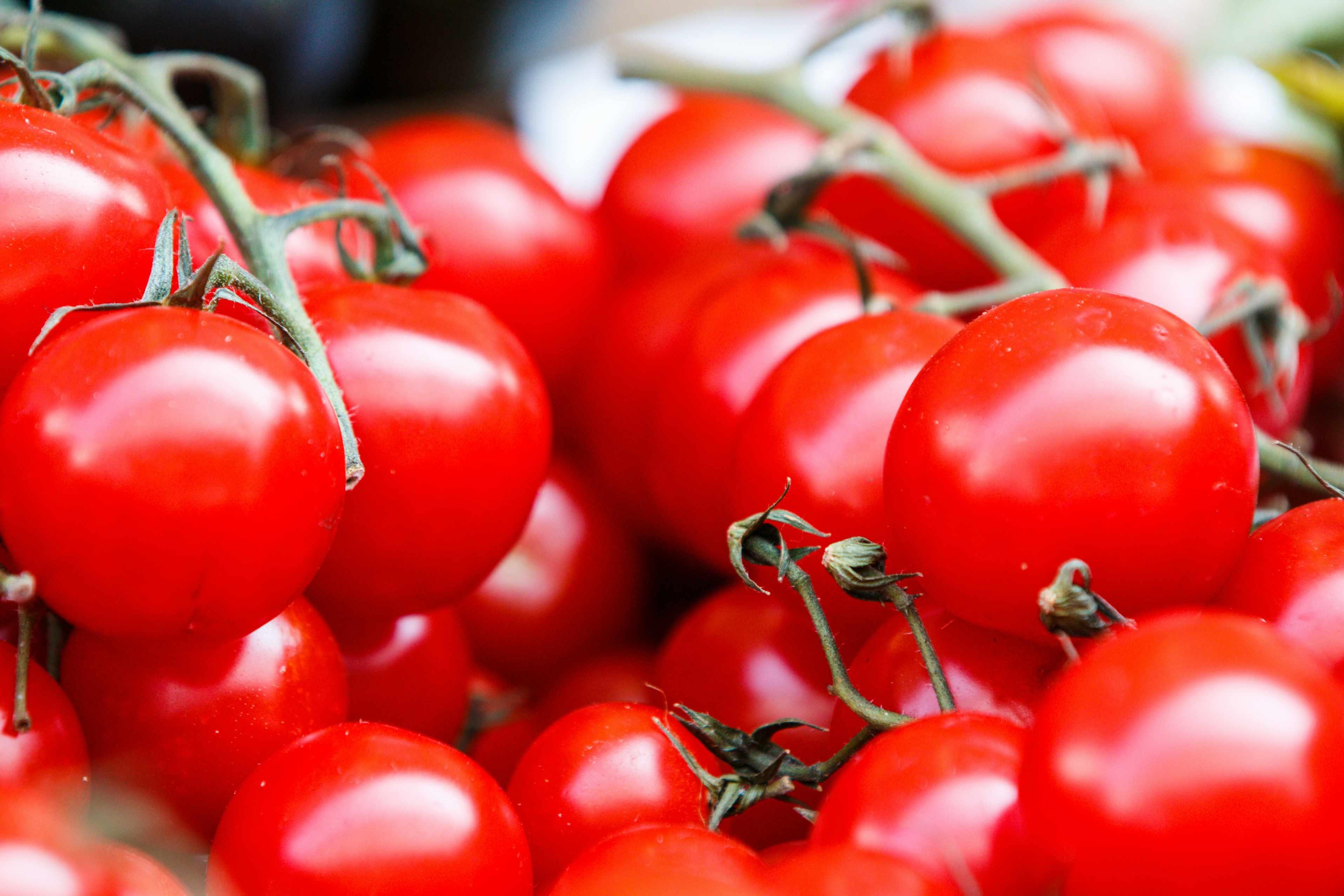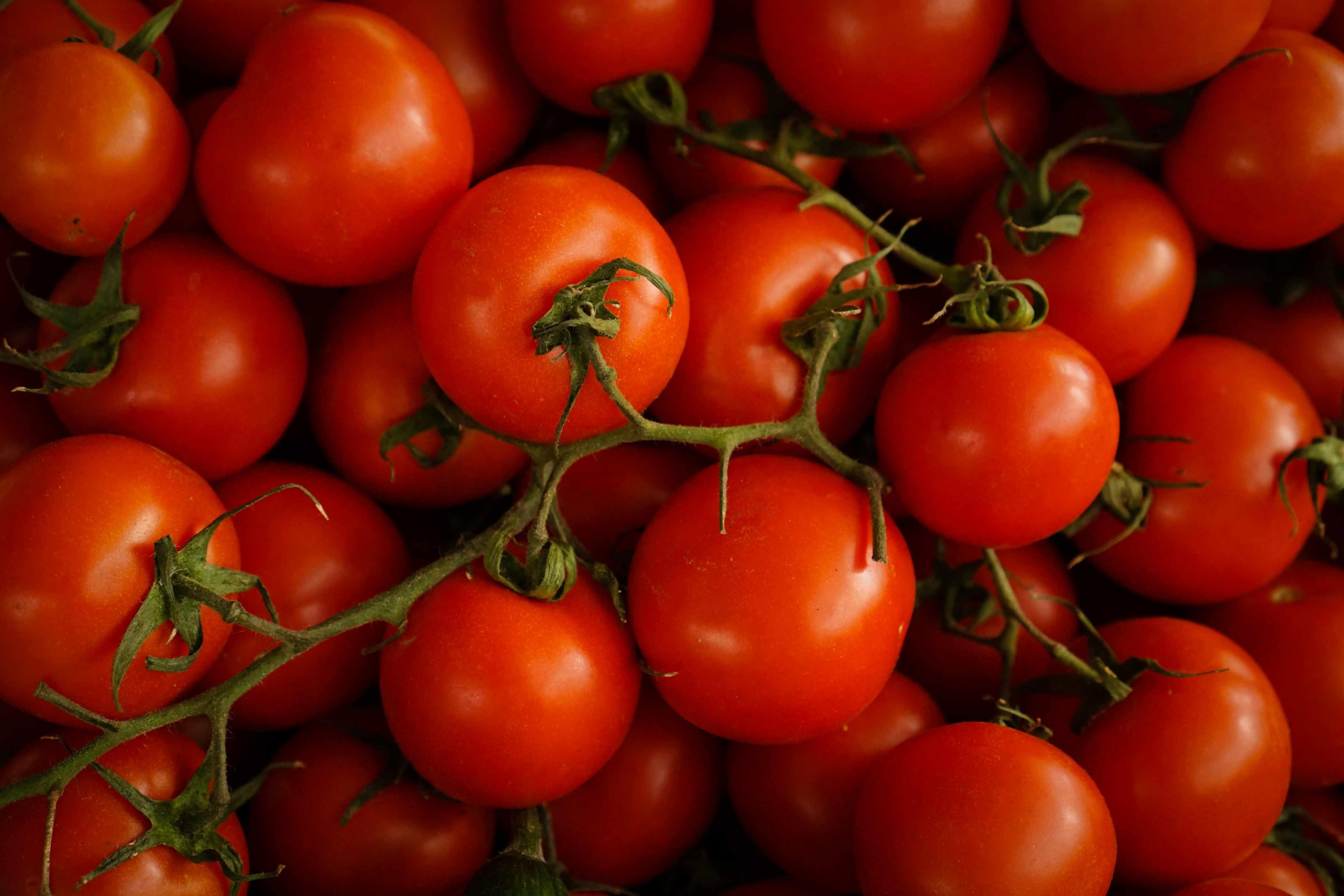Tomatoes Are About to Get a Lot More Expensive — Here's Why
Some restaurant owners foresee bankruptcy due to tomato price surges.
Published July 14 2025, 2:06 p.m. ET

It's been a rough year for tomatoes, to say the least. With salmonella contamination causing batches of tainted tomatoes across multiple states, the first half of 2025 has been tough for those who enjoy eating tomatoes.
Now, with tariffs affecting the prices of some goods, including some produce from Mexico, it is expected that the prices of grocery staples will increase. Small business restaurant owners, too, expect to be hit especially hard by tariffs on imported produce.
Why, exactly, is the price of tomatoes going up? Who is to blame for families and small business owners alike feeling the pain of exorbitant prices for tomatoes?
Below, we report on tariffs, tomato prices, and more so that you can learn about why the price of one of your favorite grocery staples has risen so dramatically. Keep reading to learn more about why the cost of tomatoes may make them inaccessible for far too many families in the U.S.

Why are tomato prices going up?
According to a report in CNN Business, an expected 20.9% tariff will be enacted on imported tomatoes from Mexico beginning July 14. Whether you are purchasing tomatoes for personal culinary use at home, a vegan pizza lover, or seeking to support a small restaurant business that incorporates tomatoes in their cuisine, "anywhere that uses tomatoes," according to CNN Business, will be affected.
"The tomato tariffs are among the latest examples of President Donald Trump’s chaotic tariff policy, which has shaken up global trade, left companies uncertain how to plan for the future, and made Americans nervous about where the world’s biggest economy could be headed," per CNN. "The United States is the top market for Mexican tomato exports [...] In a June report, the department found that the new tariffs would likely lead to a drop in tomato imports and higher prices."
The impact of the tomato tariff, so to speak, goes far beyond the most obvious tomatoes at the grocery store and pizza sauce at your favorite pizza joint. As Axios describes it, the cost increases also affects less-obvious foods and dishes, "from salsa to Caprese salad."
The enforcement of the nearly 21% tariff signals the end of what was almost 30 years' worth of a trade agreement between the U.S. and Mexico, which in part kept tomato prices reasonable.
"Antidumping and countervailing duty orders provide American businesses and workers with a mechanism to seek relief from the harmful effects of the unfair pricing of imports into the United States," the U.S. Department of Commerce said, per Axios. "Foreign companies that price their products in the U.S. market below the cost of production or below prices in their home markets are subject to antidumping duties."
The U.S. government acknowledges the short-term price increase but believes in the long-term benefits of the tariffs.
"It's possible that the price of tomatoes goes up for the short term," Agriculture Secretary Brooke Rollins said, per Axios. Though, according to Rollins, the measure ensures "that our international partners are being fair and following the rules and ensuring that they're meeting their obligations is paramount."